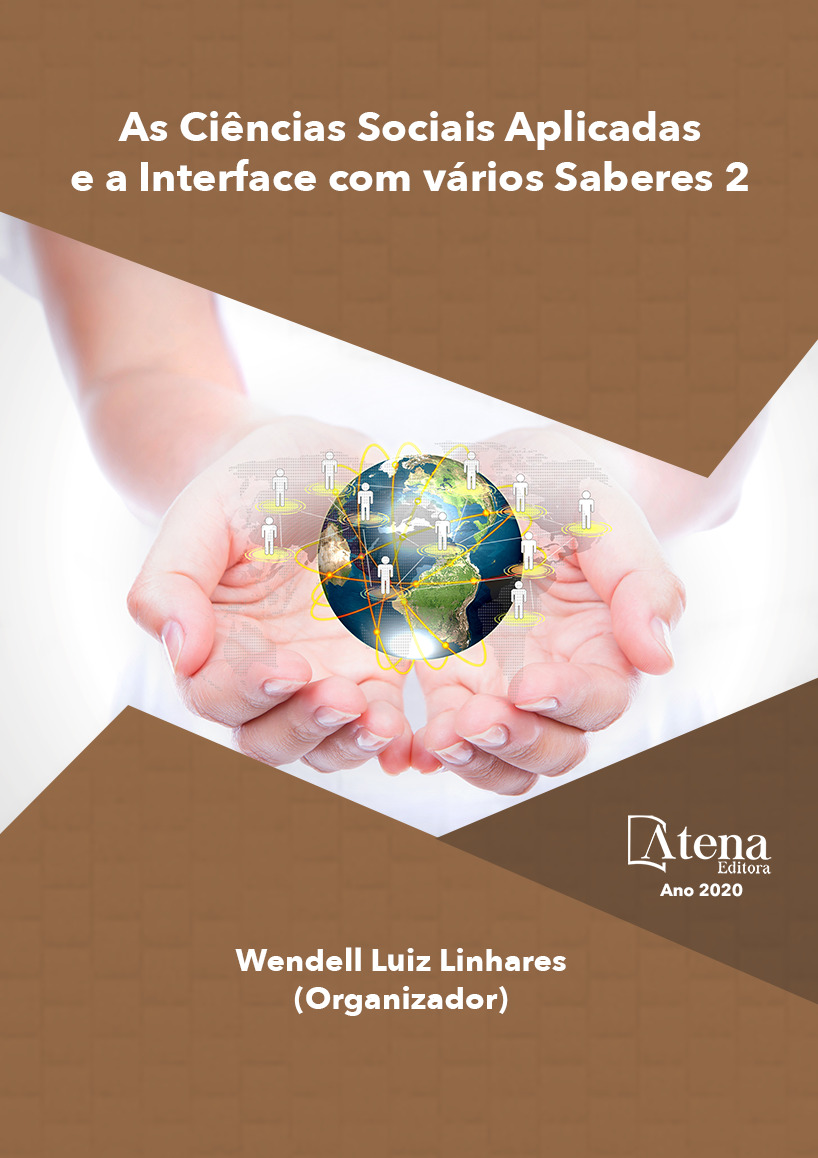
A INTERDISCIPLINARIDADE NA PÓS-GRADUAÇÃO STRICTO SENSU BRASILEIRA - ANÁLISE DAS FICHAS DE AVALIAÇÃO DA QUADRIENAL 2017
de 92 fichas de avaliação de
Programas Interdisciplinares e Profissionais que
compreendeu o período 2013-2016, da Área
Interdisciplinar e objetivou: analisar os aspectos
pedagógicos e organizacionais que estabelecem
relação com conhecimentos e metodologias
interdisciplinares nas Fichas de Avaliação dos
Programas de Pós-graduação Interdisciplinares
e Profissionais e sua contribuição para o
desenvolvimento local. A pesquisa revelou que
ainda predomina uma avaliação quantitativa
caminhando para qualitativa, sem apropriação
adequada do vocabulário interdisciplinar e
muito pouco das orientações do Documento
da Área Interdisciplinar 2016, bem como da
própria produção bibliográfica da CAPES sobre
o assunto, indicando que os avaliadores tratam
metodologias, estratégias e conhecimentos
multidisciplinares como se fossem
interdisciplinares. A pesquisa, da qual esse
artigo resulta, compreendeu pesquisa de pósdoutorado,
realizada no Grupo de Investigação
sobre Organizações, Inovação e Espaços
de Aprendizagem do Centro de Investigação
sobre o Espaço e as Organizações – CIEO da
Universidade do Algarve, realizada em 2018.
A INTERDISCIPLINARIDADE NA PÓS-GRADUAÇÃO STRICTO SENSU BRASILEIRA - ANÁLISE DAS FICHAS DE AVALIAÇÃO DA QUADRIENAL 2017
-
DOI: 10.22533/at.ed.79020280115
-
Palavras-chave: Interdisciplinaridade. Avaliação. Pós-graduação stricto sensu.
-
Keywords: Interdisciplinarity. Evaluation. Stricto sensu post-graduation.
-
Abstract:
This article presents, therefore,
the documentary analysis of 92 evaluation cards
of Interdisciplinary and Professional Programs,
which covers the period 2013-2016, of the
Interdisciplinary Area and aimed to: analyze
the pedagogical and organizational aspects
that establish relationship with the knowledge
and the interdisciplinary methodology in the
Assessment Papers of the Interdisciplinary
and Professional Postgraduate Programs and
their contribution to the local development. The
research revealed that a quantitative evaluation
still predominates, moving to qualitative, without
proper appropriation of the interdisciplinary vocabulary and very little of the guidelines
of the Document of the Interdisciplinary Area 2016, as well as of the own bibliographic
production of CAPES on the subject, indicating that the evaluators treat methodologies,
multidisciplinary strategies and knowledge as if they were interdisciplinary. The
research, from which this article results, comprised postdoctoral research, carried
out in the Research Group on Organizations, Innovation and Learning Spaces of the
Center for Research on Space and Organizations - CIEO of the University of Algarve,
held in 2018.
-
Número de páginas: 22
- ADILENE GONÇALVES QUARESMA


